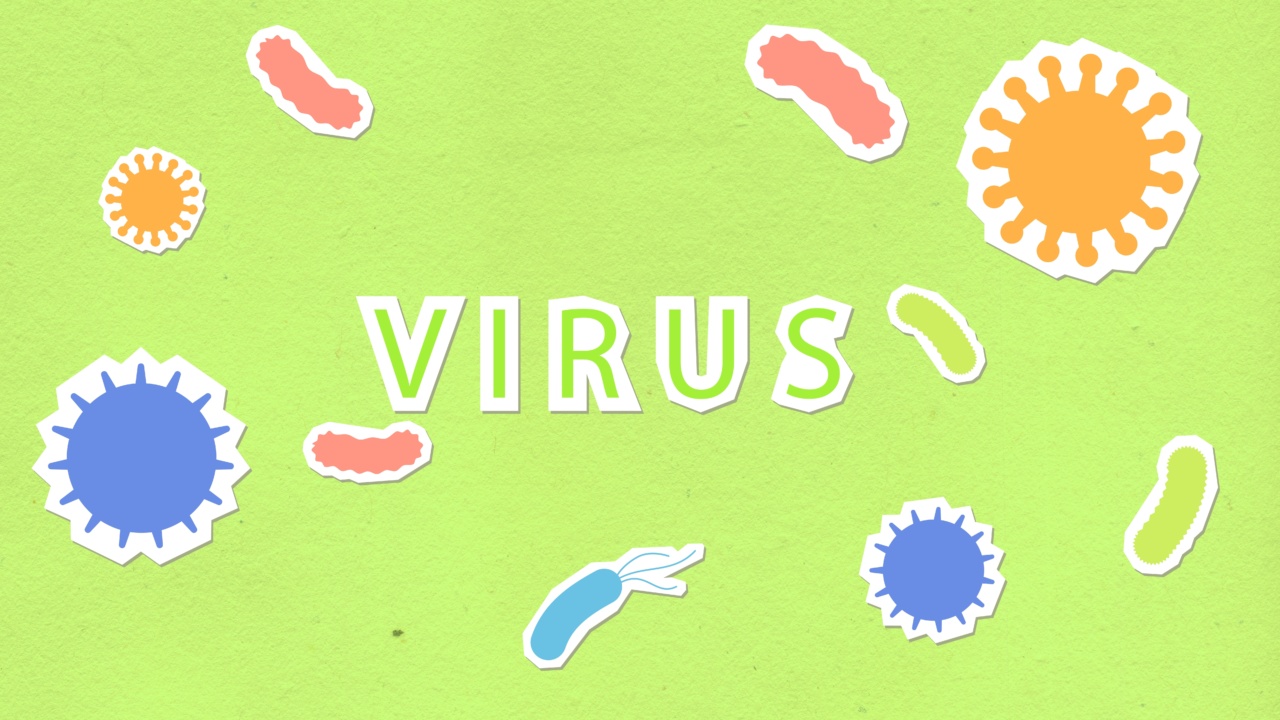Diabetes is a disease that affects more than 463 million adults worldwide, with over 4 million deaths every year. With such a high prevalence, it is important that everyone knows about and understands the disease in order to combat it.
Here are ten ways you can help to spread the word about diabetes and make a difference.
1. Educate yourself first
To spread the word about diabetes, you need to understand the disease yourself. Research the types of diabetes, risk factors, symptoms, and treatments so that you can explain the disease accurately to others.
Understanding how the human body processes food and sugar can also help you explain the disease to others.
2. Share your knowledge with friends and family
Start by educating those closest to you about diabetes. Explain the signs and symptoms so they can identify any problems early. Teach them about prevention methods such as a healthy diet and regular exercise.
Encourage them to get checked if they have any risk factors. You could organize a screening event for family and friends to get checked for diabetes as well as other related health issues.
3. Use social media
Social media can be a powerful tool to spread awareness about diabetes. Share relevant articles, infographics, and videos, World Diabetes Day graphics, and the possibility of starting or joining diabetes online groups.
Use platforms like Facebook, Instagram, and Twitter to raise awareness through hashtags like; #DiabetesAwareness or #WorldDiabetesDay hashtag. You could also add links to helpful resources and facts about diabetes you find on credible websites.
4. Talk to healthcare professionals
Building relationships with healthcare professionals is crucial in spreading awareness about diabetes.
Discuss with your health practitioner ways to get involved, whether it be through community outreach programs, volunteering for diabetes research studies or simply joining one of the local diabetes associations. Health professionals will have a lot of helpful information on the latest treatments, prevention methods and research studies that can help you in your efforts to educate others about diabetes.
5. Organize community events
One of the best ways to spread the word about diabetes is through community events. Whether it be a race, a walk, or some other type of gathering, events like this not only raise awareness but can also raise money for diabetes research.
Consider organizing an event in your community or partnering with an existing one such as the American Diabetes Association’s Tour de Cure or Step Out: Walk to Stop Diabetes.
6. Start a support group
Living with diabetes can be isolating at times, and it’s beneficial to connect with others who share in their journey.
Creating a diabetes support group encourages individuals who are struggling with the lifestyle changes and stress caused by the disease, helping them manage and cope by sharing their experiences. These groups should promote healthy choices, accountability and have occasional guest speakers like nutritionists, medical practitioners and people with a personal story.
Ask a local health clinic, hospital or diabetes organization for support if you need it.
7. Reach out to schools and universities
Children and teenagers need to understand the significance of a healthy lifestyle and keeping general health in check. With childhood obesity rates increasing, it’s more important than ever to educate on diabetes in schools and universities.
Youth organizations offer a platform for this, addressing the importance of leading a healthy lifestyle, balanced diet, and regular exercise. Suggest collaborating with educators, doctors, and dieticians to educate the students on diabetes and its prevention methods and reaching out to afterschool alliances for support.
8. Host fundraising events
You don’t have to wait for a pre-organized diabetes fundraiser to make a difference. You could host charity dinners, auctions, or raffles to help raise funds for diabetes research or supporting those with diabetes.
Donations can go towards local or national diabetes advocacy or awareness organizations that work every day to help people live more comfortable lives with diabetes.
9. Engage with the media
Getting the attention of the media can be an excellent way to gain awareness about diabetes. Local newspapers and radio stations are always willing to feature a story if it’s newsworthy or promotes a good cause.
Write a letter to the editor of local newspapers or reach out to journalists who write about health to feature your story or event. Organizations like the International Diabetes Federation or the American Diabetes Association have press releases with information that adds relevant and actionable data that can appear in the media.
10. Be a role model
Being a role model sets an example of someone who takes good care of themselves, making conscious decisions that benefit their health, and leading a healthy, balanced lifestyle.
If you have diabetes, committing to your self-care through regular exercise, balanced nutrition and taking medication on time can illustrate the benefits of good diabetes management. You could also participate in raising awareness events or charities, fundraise to help others struggling with the disease, establish a personal fundraiser page, or even participate in clinical studies to help find a cure.
Conclusion
Combatting diabetes takes a collective, robust effort. With these ten actionable ways, you can help spread awareness about diabetes and the importance of healthy lifestyle choices and the prevention of it.
Through community involvement, education, and fundraising, we can all work together to stop this debilitating disease from affecting the lives of millions of people.





























